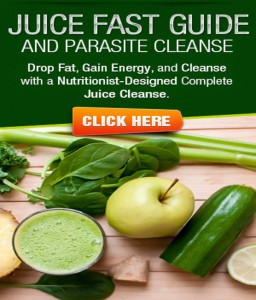After my many posts on the amazing health and weight loss benefits of coconut oil, I get tons of questions about what type, refined, unrefined, expeller pressed, cold pressed, raw. There definitely are enough types and brands and qualities out there to confuse anyone!
So here’s the scoop…
1. RAW ORGANIC CENTRIFUGE PRESSED:
My personal choice. It retains ALL the health benefits because it is raw, untreated, unheated, and made from fresh coconuts. The coconut is chilled and separated by centrifugal force, and remains raw and pure.
2. VIRGIN ORGANIC COCONUT OIL:
Next best choice. Extracted from fresh coconut meat. It can be either quick-dried (most common) or wet-milled (the same method used for extracting coconut milk). The oil is usually lightly heated to remove moisture and then filtered. IT IS NOT RAW. However, since typically no high temperatures or chemicals are used, virgin coconut oil retains most (not all) of its natural healthy properties.
The fat contained in both raw and virgin coconut oil this type of oil is about 50% lauric acids. Lauric acid is converted to monolaurin in the body, which is considered an anti-microbial substance leading to improved immunity. It is made up of medium-chain fatty acids, which have been shown to be metabolized more efficiently than other fatty acids, which assists with weight loss according to research (and real results!) because of the increased energy expenditure after eating medium-chain fatty acids.
3. EXPELLER PRESSED
Expeller pressing is a chemical-free mechanical process that extracts oil from seeds and nuts. This method of oil extraction is an alternative to the hexane-extraction method used for many conventional oils. So, no solvents or chemicals. It is an acceptable food-grade coconut oil that is not hydrogenated and contains NO trans fatty acids.
4. REFINED COCONUT OIL **You DO NOT want this **
Refined coconut oil is extracted from the copra, or dried coconut kernel, rather than the fresh meat. Copra is naturally dried coconut meat that becomes slightly rancid as it is dried. Flies may land on it and mold spores can grow. If copra is dried quickly, then an outside smoking pit is used which covers the copra with soot.
This coconut oil undergoes processing, bleaching and deodorizing. This type of coconut oil is the most common used commercially, and is also promoted for cooking because it has a desirable smoke point of about 450 degrees Fahrenheit. My advice is to STAY AWAY from it. The bleaching and deodorizing disrupts the favorable fatty-acid balance, along with removing many of the health benefits.
If you do choose this oil, be 100% certain it is organic, because at lease then you will not be getting some of the nasty chemicals used in conventional refined coconut oil.
A WORD ABOUT COLD PRESSED: As a term by itself, it has no meaning in the US. In Europe there are standards for cold pressed labeling, which requires that anything labeled cold pressed must be expeller pressed in a heat-controlled environment to keep temperatures below 120 degrees F. Here in the US, some oils labeled COLD-PRESSED reach temperatures in excess of 400 degrees F. So, my recommendation is to only purchase from brands like Wilderness Family Naturals or Tropical Traditions that are clear and transparent in their labeling.










